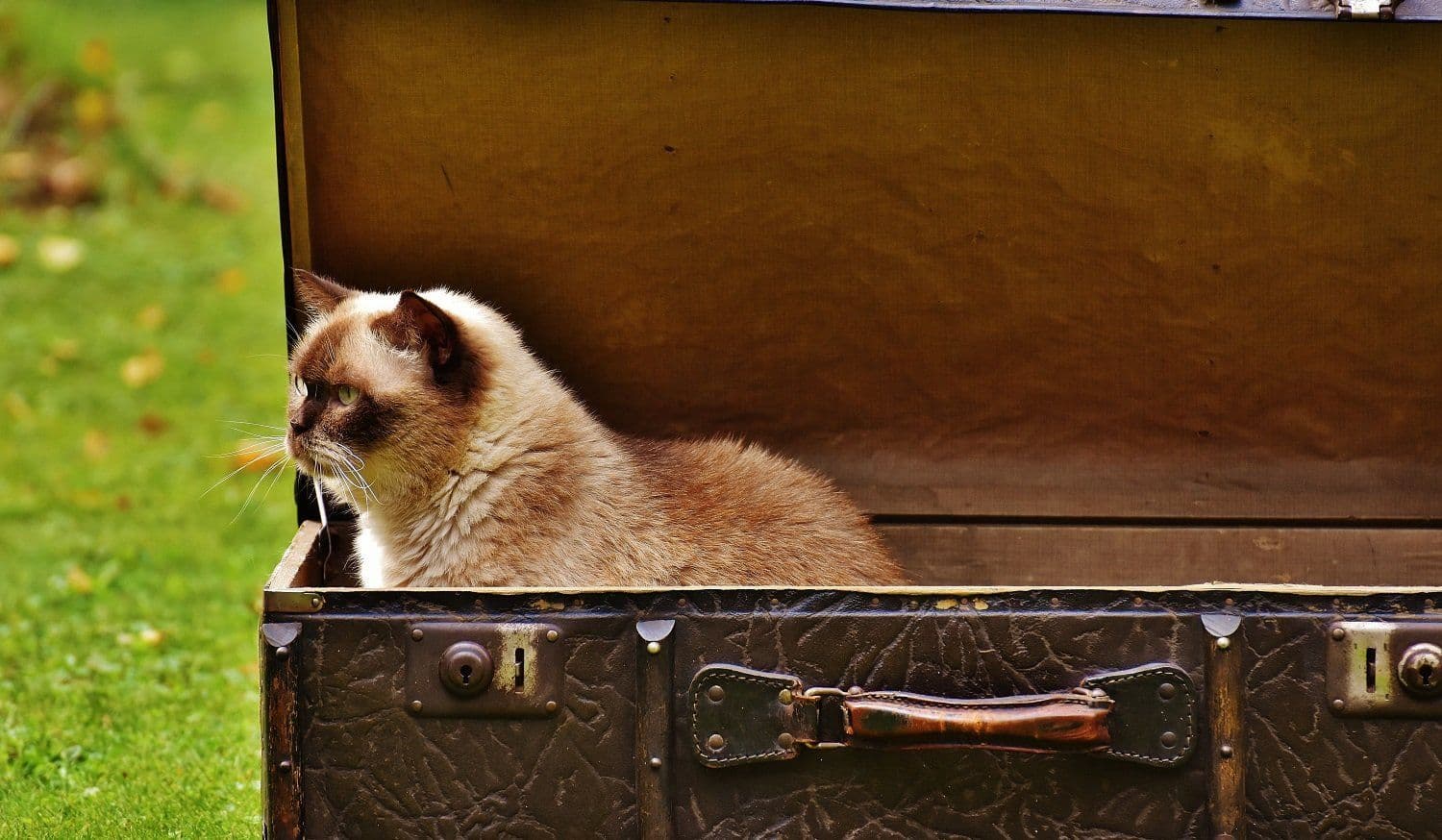Constipation in Cats: Causes, Symptoms, and Treatments
Constipation in cats is a common ailment, especially in their advanced ages. This disease can cause various changes in your pet's diet, environment, behavior, and mood.
The constipation that should concern us occurs when this problem obstructs the entire colon, indicating that the cat has been unable to defecate for too many days and is accumulating waste that the body needs to expel.
Causes of Constipation in Cats
The causes of constipation in cats can be diverse. Here are the most common ones:
- Diet: A diet low in fiber can cause abnormal accumulation of feces.
- Lack of water: Insufficient hydration can lead to difficulty in defecation.
- Obesity: Overweight cats may struggle to defecate normally.
- Back pain or pelvic injury: These can prevent a cat from assuming the optimal posture for defecation.
- Hairballs: If not expelled normally and frequently, hairballs can create a blockage in the digestive system.
- Fear of the litter box: Cats may withhold their needs and defecate in another corner of the house.
- Foreign objects: Cats may swallow items like toy pieces, cloth, threads, bones, etc., causing obstruction.
- Inflammation of the digestive tract: This can cause problems in the evacuation of feces.
- Neurological problems: In severe cases, neurological issues may be the cause.
Symptoms of Constipation in Cats
The symptoms of constipation in a cat are diverse. Here are some common ones:
- Spending a lot of time in the litter box.
- Attempting to defecate outside the litter box.
- Fear or rejection of the litter box.
- Discomfort and even abdominal pain.
- Persistent meowing.
- Irritability.
- Lethargy.
- Neglect of hygiene (not licking its fur).
- Lack or loss of appetite.
- Vomiting.
- Weight loss.
- Small, hard, dry stools.
- Blood or mucus in some stools.
Treatment of Constipation in Cats
The treatment for constipation in cats depends on its origin. Never medicate your pet without first consulting a pet expert. Some causes do not require pharmacological solutions and can be solved by correcting the cat's diet or behavior. These include:
- Inadequate diet: Provide a diet higher in fiber and with more water.
- Obesity: Help the cat lose weight and get more exercise.
- Hairballs: Offer malt for cats.
- Litter box fear or rejection: Change the type of box or litter and use positive reinforcement.
In more complicated cases, constipation may be a symptom of a larger problem that requires pharmacological or even surgical treatment.
Home Remedies for Constipation in Cats
Here are some tips and home remedies to help your cat recover its normal intestinal transit:
- Brush your cat daily to reduce hairballs.
- Offer cat malt periodically.
- Provide access to fresh water.
- Encourage daily exercise.
- Change the diet to one with more fiber content or include wet food.
- Add pumpkin and zucchini puree to its daily food for more natural fiber.
- Use Vaseline for treating hairballs and constipation, but not for a long period.
- Add half a teaspoon of olive oil to your cat's daily food as a lubricant for the intestines.
How to Prevent Constipation in Cats
Here are some tips to prevent constipation in cats:
- Provide a balanced diet with necessary nutrients, fiber, and water.
- Include oily fish like tuna, sardines, or mackerel in the diet.
- Ensure access to fresh and abundant water.
- Clean the litter box often.
- Control the cat's weight and physical activity.
- Brush the cat's fur every day and give it malt for cats if necessary.
For more information, talk to one of our Pet Experts and get customized advice by submitting a request in our Mavyn website.
